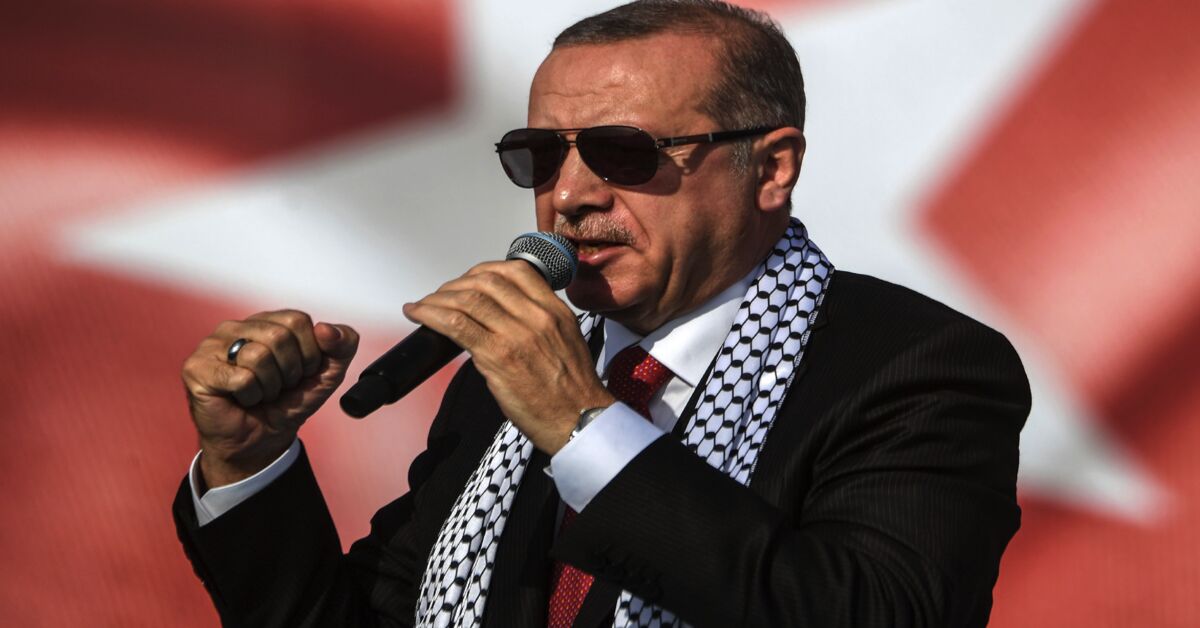The Israeli-Palestinian conflict has dragged on for many decades, but now it is gaining a new dimension. In the past, the clashes were mainly between the Palestinian fighters in Gaza and Israel, or between the Israeli security forces and the West Bank Palestinians. In a new phenomenon, there are now clashes between Jews and ethnic Palestinians who are both Israeli citizens.
Additional factors make the situation more complicated. One of them is Israeli Prime Minister Benjamin Netanyahu’s need for more political support. He has not been able to form a coalition government despite repeated snap elections. In the present breakdown of the electorate, the far-right parties look to be the more likely partners for him, which means he has to do and promise more for them. This is a recipe for a harsher policy toward the Palestinians.
Another factor is Joe Biden’s election as US president. His strong pro-Israeli bias has to be reckoned with. He has been a staunch supporter of Israel throughout his political career, but the Palestinian question does not seem to be high on his agenda for the moment. He is on the record as saying on more than one occasion that he is a Zionist. He recently approved a $735 million sale of precision missiles to Israel at this critical juncture. Though some congressmen are opposed to the deal, it will probably go through unhindered.
Biden’s only positive attitude toward Palestinians is his stance opposing the construction of settlements in the occupied West Bank and East Jerusalem. Despite this, Netanyahu has continued to approve settlement construction projects. An improvement in favor of the Palestinians is difficult to expect during the Biden era.
While there is a hardening of positions on the one hand, there is a countercurrent both in Israel and the US. Netanyahu’s hard-line policies have caused a reaction among moderate Jews and they have started to question the government’s approach to the Palestinians. More and more mainstream Jews are questioning the sustainability of the present policies and their impacts on the life and security of ordinary people. Despite strict measures during this month’s clashes, the security apparatus could not prevent the torching of several synagogues and hundreds of attacks on Jewish citizens. More than 10 Israeli Jews were killed, including children. Though this figure is disproportionately lower than the Palestinian casualties, Israel cannot sustain such losses indefinitely.
Netanyahu’s difficulty in forming a government should be perceived as a disapproval of his policy by mainstream Israelis. This might push future Israeli governments to be more sensitive to the plight of the Palestinians.
The Turkish president fell victim to his deep-rooted negative feelings for Israel and directed harsh criticisms at Biden.
Yasar Yakis
A similar attitude can also be expected on the Palestinian side. In view of the present deadlock, many Palestinian citizens of Israel may wish to peacefully coexist with the Jews, and this could lead to the discovery of some common ground. Otherwise, the wound will continue to bleed.
There is a similar trend in the US. During this month’s crisis, several congressmen emphasized the importance of an immediate ceasefire. Though there is little hope for improvement in the Biden era, US public opinion may evolve to become more sensible in terms of the Palestinians’ suffering.
On Friday, a fragile ceasefire was eventually agreed. It is fragile because Netanyahu emphatically asserted just two days previously that he was “determined to continue the operation until its objective is achieved.” He said there were only two ways to deal with Hamas: “You can either conquer them, and that is always an open possibility, or you can deter them. We are right now engaged in forceful deterrence, but we don’t rule out anything.”
This defiant statement was countered by Turkish President Recep Tayyip Erdogan. Lately, he has been using an unusually mild narrative in his dealings with Biden in an attempt to mend ties, but he fell victim to his deep-rooted negative feelings for Israel and — probably deviating from the prepared text — directed harsh criticisms at the US president. He said: “You are writing history with your bloody hands. Gaza is being attacked with seriously disproportionate force.” He also could not refrain from referring to the Ottoman past of Palestine, saying: “Palestine territories are awash with persecution, suffering and blood, like many other territories that lost the peace with the end of the Ottomans.”
This harsh narrative was the last thing needed. Turkey has to use extremely delicate diplomacy to return its relations with the US to a semblance of normality. In fact, the US did not wait long to strongly react to Erdogan’s statement. State Department spokesman Ned Price said: “We urge president Erdogan and other Turkish leaders to refrain from incendiary remarks, which could incite further violence. Anti-Semitic language has no place anywhere.”
Erdogan’s tough narrative will do little to promote the Palestinian cause.
By: Yasar Yakis – a former foreign minister of Turkey and founding member of the ruling AK Party. Twitter: @yakis_yasar
Source: Arab News



